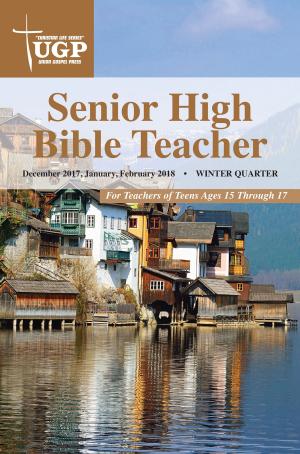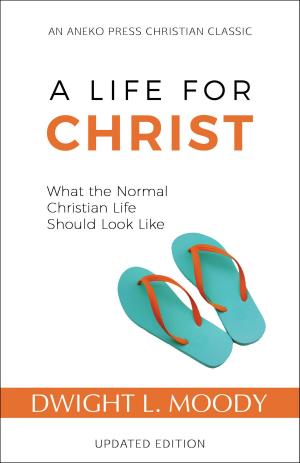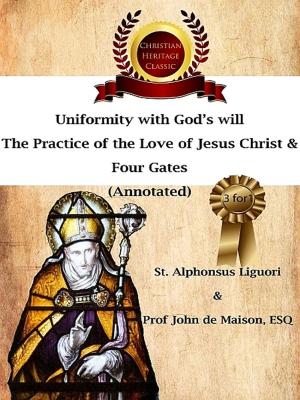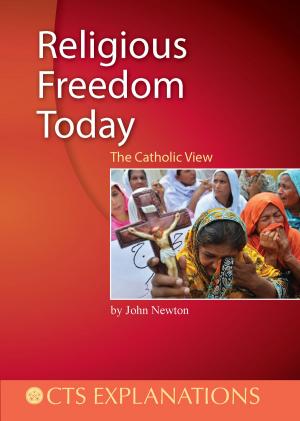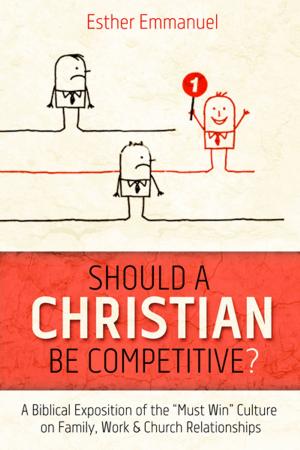| Author: | Peter Damian | ISBN: | 9781936392261 |
| Publisher: | Ripublishing@mail.com | Publication: | August 2, 2010 |
| Imprint: | Revelation Insight | Language: | English |
| Author: | Peter Damian |
| ISBN: | 9781936392261 |
| Publisher: | Ripublishing@mail.com |
| Publication: | August 2, 2010 |
| Imprint: | Revelation Insight |
| Language: | English |
In the beginnings of the great, world-historical struggle between Empire and Papacy leads us to the man whose Life represent the purpose of the following essay is. Its importance for the political and ecclesiastical history of the 11th Century has long been recognized and he is in ancient and modern times the subject of repeated treatment and examination. When it comes to mysticism and contemplation, stemming from the ‘Church Fathers’ there is but scant works outside of that of Bernard of Clairvaoux.
An interesting fact of Peter’s writings is that he often condemned philosophy, arguing that monks should not have to study philosophy, because Jesus did not choose philosophers as disciples, and so philosophy is not necessary for salvation. This idea (later attributed to Thomas Aquinas) that philosophy should serve theology as a servant serves her mistress originated with him. However, this apparent animosity may reflect his view that logic is only concerned with the validity of argument, rather than the nature of reality.
My intention is to the life and effectiveness of Damian’s as completely as possible, first by a biographical display. This part here is the first sources his history, his work as reformer of monks, chosen life as a contemplative and hermit, his intervention in the general church reform and its relationship with its forth - projecting contemporaries, especially to the popes, until the Easter Synod of 1059, finally, about his political position. Using his numerous letters and treatise schemes - the most prominent source for his story to fix as far as possible chronologically and order, an attempt has been made.
In the beginnings of the great, world-historical struggle between Empire and Papacy leads us to the man whose Life represent the purpose of the following essay is. Its importance for the political and ecclesiastical history of the 11th Century has long been recognized and he is in ancient and modern times the subject of repeated treatment and examination. When it comes to mysticism and contemplation, stemming from the ‘Church Fathers’ there is but scant works outside of that of Bernard of Clairvaoux.
An interesting fact of Peter’s writings is that he often condemned philosophy, arguing that monks should not have to study philosophy, because Jesus did not choose philosophers as disciples, and so philosophy is not necessary for salvation. This idea (later attributed to Thomas Aquinas) that philosophy should serve theology as a servant serves her mistress originated with him. However, this apparent animosity may reflect his view that logic is only concerned with the validity of argument, rather than the nature of reality.
My intention is to the life and effectiveness of Damian’s as completely as possible, first by a biographical display. This part here is the first sources his history, his work as reformer of monks, chosen life as a contemplative and hermit, his intervention in the general church reform and its relationship with its forth - projecting contemporaries, especially to the popes, until the Easter Synod of 1059, finally, about his political position. Using his numerous letters and treatise schemes - the most prominent source for his story to fix as far as possible chronologically and order, an attempt has been made.


